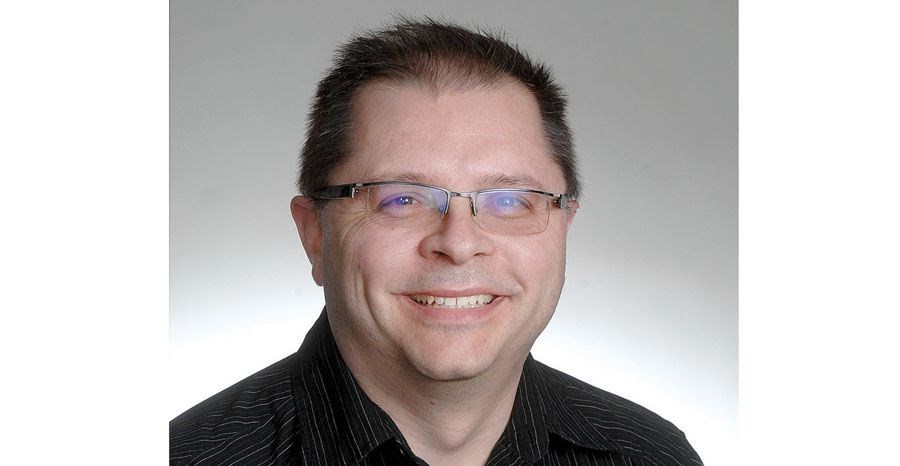Where are we?
Prince George real estate agent Dean Birks kick-started a conversation this week by arguing that it's not only factually incorrect to say this city is part of Northern B.C. (it's actually southeast of the centre of the province) but it is hurting itself from a marketing standpoint by calling itself northern.
"We are basically on the same parallel as Edmonton, Saskatoon, Kingscourt, Ireland and Manchester, England," he wrote in a blog this week. "During the course of my career I have asked when talking to people in other major centers like Vancouver, Calgary, Ottawa and from out of country if they had a choice to live in the South, Central or North of somewhere what would they choose, given no more explanation than just that. The choice is almost always South and Central and rarely North."
Birks believes Prince George should be using the word "central" to describe itself, because it's more geographically accurate but also in recognition of its role as a regional hub, being in the centre of the action of all of the region's economic and social activity.
Birks pointed out in an interview with CBC Daybreak North that he grew up in Churchill, Manitoba, and Prince George is neither isolated nor northern from that perspective. I grew up even further north than Birks (Hay River, NWT) and he's absolutely right on that front. It takes at least as long to drive from Prince George to the 60th parallel, the NWT/Yukon border, as it does to Osoyoos and the American border. Furthermore, the residents of Dawson Creek, Fort St. John and Fort Nelson think Prince George inhabitants are wannabes for proclaiming themselves as northern residents.
Birks is also right that words count and there is great power behind the words "north" and "northern." North sounds cold, remote and barren. Northern suggests a lonely outpost with few people. By contrast, south and southern just feel warmer, closer and busier.
Yet Birks might be overstating the negativity associated to what is north and northern. To others, those words convey an open, unspoiled environment, the freedom to explore and a place where winter is an opportunity to do things, not a hindrance.
Directions means a lot to our American cousins as well. Since the Civil War, north and south are loaded words that say as much about culture, race, politics and history as they do about geography. Meanwhile, west is the word they historically used to describe many of the same things Canadians mean and think of about the north. In the American tradition, going west meant rejecting the establishment and blazing your own trail. That frontier spirit is much the same in Canada's north, a land of opportunity where Canadians go to leave the crowds of Calgary, Vancouver, Toronto and Montreal for what many would argue is the real Canada - rural, hard-working, connected to community, family, friends and the land.
So the real question is not whether Prince George is geographically north but whether its inhabitants embrace that spirit of northernness. While the folks in the Peace and what CBC Radio announcers refer to as "the far north" might see Prince George residents as the Central Interior, they also understand they have much more in common with us than they do with people in Vancouver and Victoria.
In other words, the question isn't where are we but who are we?
Put that way, the answer is easy. Prince George and its residents are as north and northern as Fort Nelson, Fort St. John, Hay River or Churchill.
As a child in Hay River, I was taught a song, whose chorus is: "We're northerners, we're northerners, from the Northwest Territories, wrapped in furs. From the shores of Baffinland to Mackenzie's golden sand, we are neighbours though we're many miles apart."
When Prince George and its residents look to their neighbours, they look in every direction but south. Though many miles apart, we see ourselves in McBride, in Mackenzie and in Fraser Lake but we see even Kamloops and Kelowna as something other, apart from us in every way.
As Birks does, we should all worry about the negative stereotypes about Prince George and the north in other parts of the province and Canada.
Yet we should also be unabashedly proud of where we are, who we are and why we stay.



